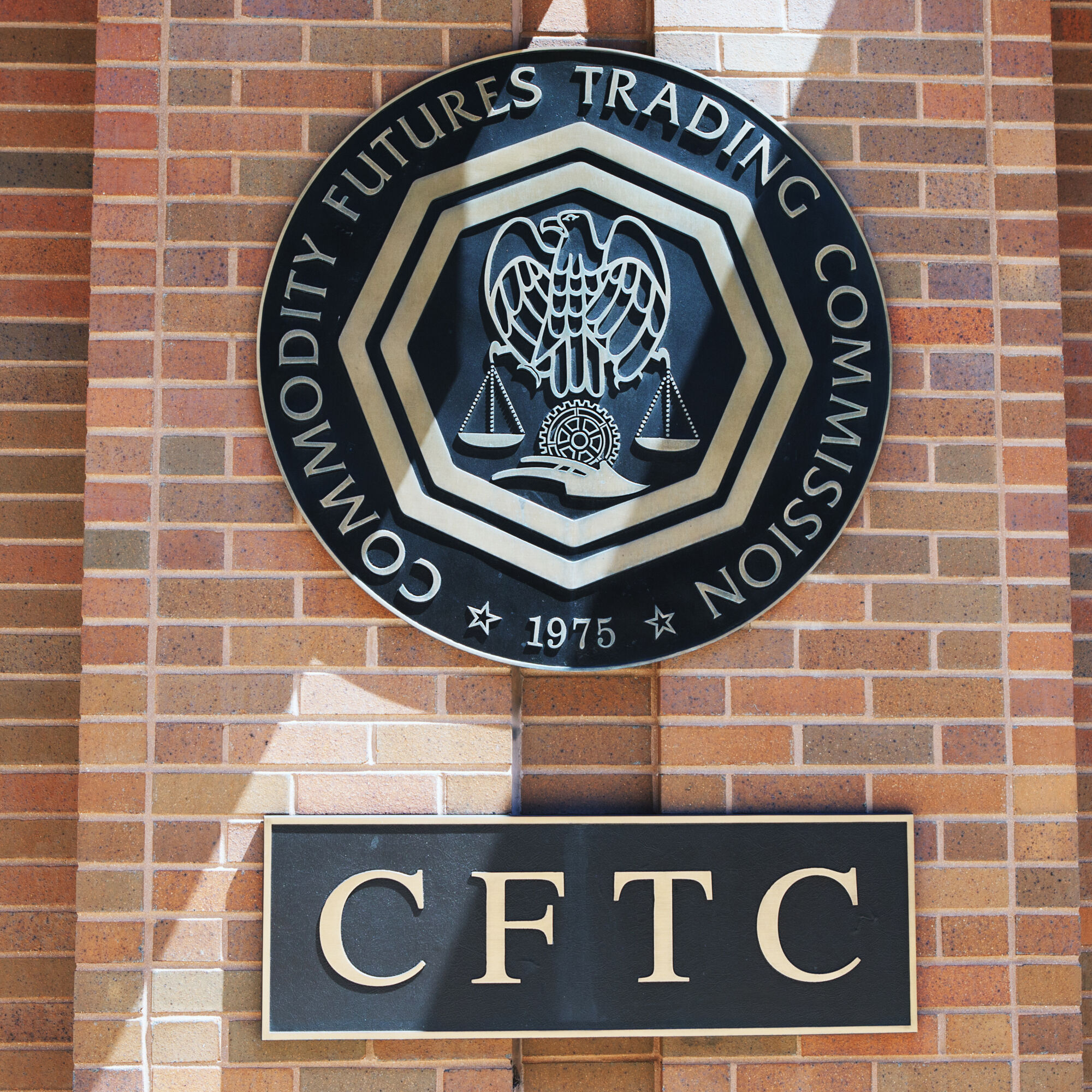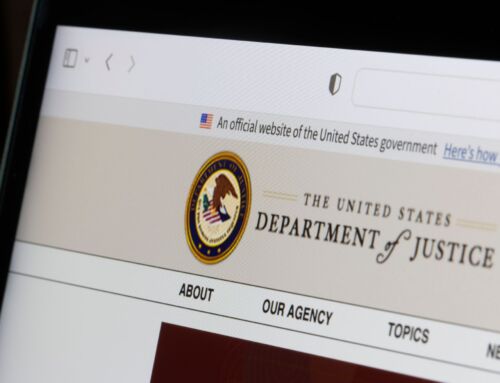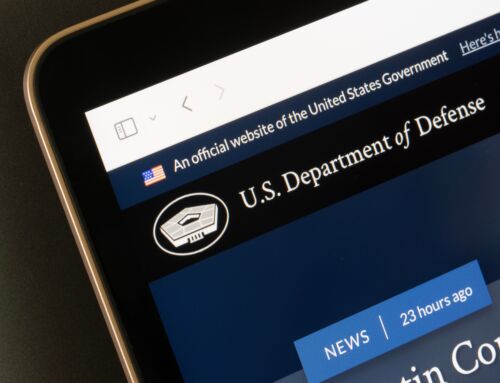
The CFTC Issues a Call to Whistleblowers for Tips
The Commodity Futures Trading Commission (CFTC) recently issued a call for those with knowledge of carbon credit market fraud or manipulation to come forward as whistleblowers. Carbon markets are economic mechanisms designed to reduce greenhouse gas emissions by providing a framework for trading carbon credits or allowances that represent a certain quantity of carbon dioxide. By creating a market-based mechanism that drives emissions reductions at the lowest cost to society, firms have an economic incentive to invest in cleaner technologies, improve energy efficiency, and reduce emissions. However, as glimmering of a prospect as this marketplace is, it also presents opportunities for bad actors to engage in misconduct and commit fraud to game the system.
Types of Carbon Market Fraud
The following are the types of carbon market misconduct or fraud whistleblowers can report to the CFTC:
- Manipulative and Wash Trading: Manipulative trading refers to activities aimed at artificially influencing the price or value of carbon credits through deceptive practices, such as spreading false information, engaging in coordinated trading to create an illusion of demand or supply, or using other market manipulation techniques. Wash trading involves entering into trades with no change in beneficial ownership or economic substance, essentially creating a false appearance of trading activity.
- “Ghost” Credits: This refers to fraudulent or invalid carbon credits. It may involve the creation and trading of credits that do not correspond to genuine emissions reductions or that have been falsely generated or certified. “Ghost” credits undermine the integrity of the carbon market by inflating the supply of available credits without real emissions reductions.
- Double Counting: Double counting occurs when the same emissions reduction or carbon credit is claimed, sold, or used by multiple parties simultaneously. This can happen due to inadequate accounting practices or intentionally fraudulent actions. Double counting distorts the accuracy of emissions data and undermines the credibility of carbon markets.
- Fraudulent Statements Relating to Material Terms: This involves making false or misleading statements regarding important aspects of carbon credits, such as their origin, validity, emissions reduction methodologies, or ownership. Fraudulent statements can deceive buyers, investors, or other market participants by misrepresenting the characteristics or value of carbon credits.
- Potential Manipulation of Tokenized Carbon Markets: Tokenized carbon markets involve using blockchain or other distributed ledger technologies to tokenize carbon credits, enabling their trade and tracking. Potential manipulation refers to fraudulent activities within these tokenized markets, such as falsely representing the ownership or validity of tokens, manipulating token prices, or engaging in unauthorized or fraudulent transactions.
These types of fraud undermine the integrity, transparency, and effectiveness of carbon markets, which are designed to incentivize genuine emissions reductions and combat climate change. Regulatory bodies and market participants work to detect and prevent such fraudulent activities to ensure the credibility and functioning of the carbon markets.
Profile of a Potential Whistleblower
Those who have information about carbon market fraud may be eligible to serve as a whistleblower. The following are a range of profiles of who a whistleblower of carbon market fraud may be:
- Market Participants: Individuals or organizations actively involved in the carbon markets, such as companies, traders, brokers, or investors, may become aware of fraudulent activities firsthand. They may witness manipulative trading practices, encounter suspicious transactions, or have access to information indicating fraudulent behavior. Market participants who prioritize market integrity and wish to report misconduct can act as whistleblowers.
- Employees and Insiders: Employees working within companies or organizations operating in the carbon markets may have insights into fraudulent activities or misconduct. They might witness fraudulent statements being made, observe irregular accounting practices, or have access to internal documents or communications that reveal fraudulent behavior. These employees can blow the whistle to report such wrongdoing.
- Auditors and Compliance Professionals: Independent auditors or compliance professionals responsible for ensuring regulatory compliance within organizations may come across irregularities or indications of fraud during their audits or compliance monitoring. They can play a vital role in detecting and reporting fraudulent activities within the carbon markets.
- Certification and Verification Bodies: Carbon credits often undergo certification or verification processes to ensure their authenticity and compliance with established standards. Individuals working for these certification bodies or third-party verification entities may come across instances of fraudulent credits or suspicious practices during their assessment procedures. They can report their findings to the relevant authorities.
- Industry Experts and Consultants: Experts, consultants, or analysts specializing in carbon markets, emissions trading, or environmental finance may have a deep understanding of the market dynamics and mechanisms. They can detect anomalies, irregularities, or signs of fraud within the carbon markets based on their expertise and knowledge. Their insights can be valuable in identifying and reporting fraudulent activities.
The Role of Whistleblowers
Whistleblowers play a critical role in exposing and addressing fraud within the carbon markets, helping to maintain the integrity and credibility of these markets as effective tools for climate change mitigation. It’s important to note that specific regulations and procedures for reporting fraud may vary depending on the jurisdiction and the organization overseeing the carbon markets.
Whistleblowers are eligible to receive anywhere between 10 and 30 percent of penalties collected. Since the establishment of the CFTC Whistle Blower Program in 2010, more than $3 billion in penalties have been levied against fraudsters, of which whistleblowers have been received approximately $330 million. All whistleblower awards are paid from the CFTC Customer Protection Fund, which was established by Congress, and is financed entirely through monetary sanctions paid to the CFTC by violators of the Commodities Exchange Act. No money is taken or withheld from injured customers to fund the program. The CEA also provides confidentiality and anti-retaliation protections for whistleblowers.
Contact Us
With more than 30 years of experience, the attorneys on Baron & Budd’s whistleblower representation team have represented dozens of clients in government fraud cases returning over $6.0 billion to federal and state agencies, with whistleblower recovery shares as high as 49%. They are ready to help if you have evidence of fraud involving the carbon markets.
Please call (866) 845-2164 or complete our contact form if you would like more information. For more information, see What You Need to Know About Becoming a Whistleblower. Please understand that contacting us does not mean that you have established an attorney-client relationship with Baron & Budd, P.C.
Get Answers Now
Get a free case evaluation to help determine your legal rights.




